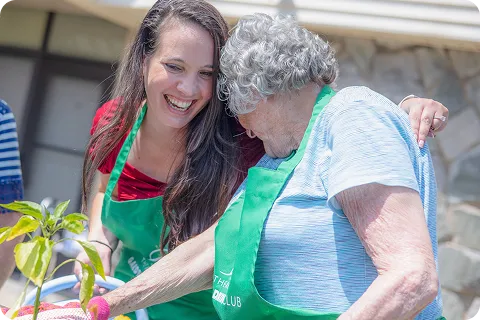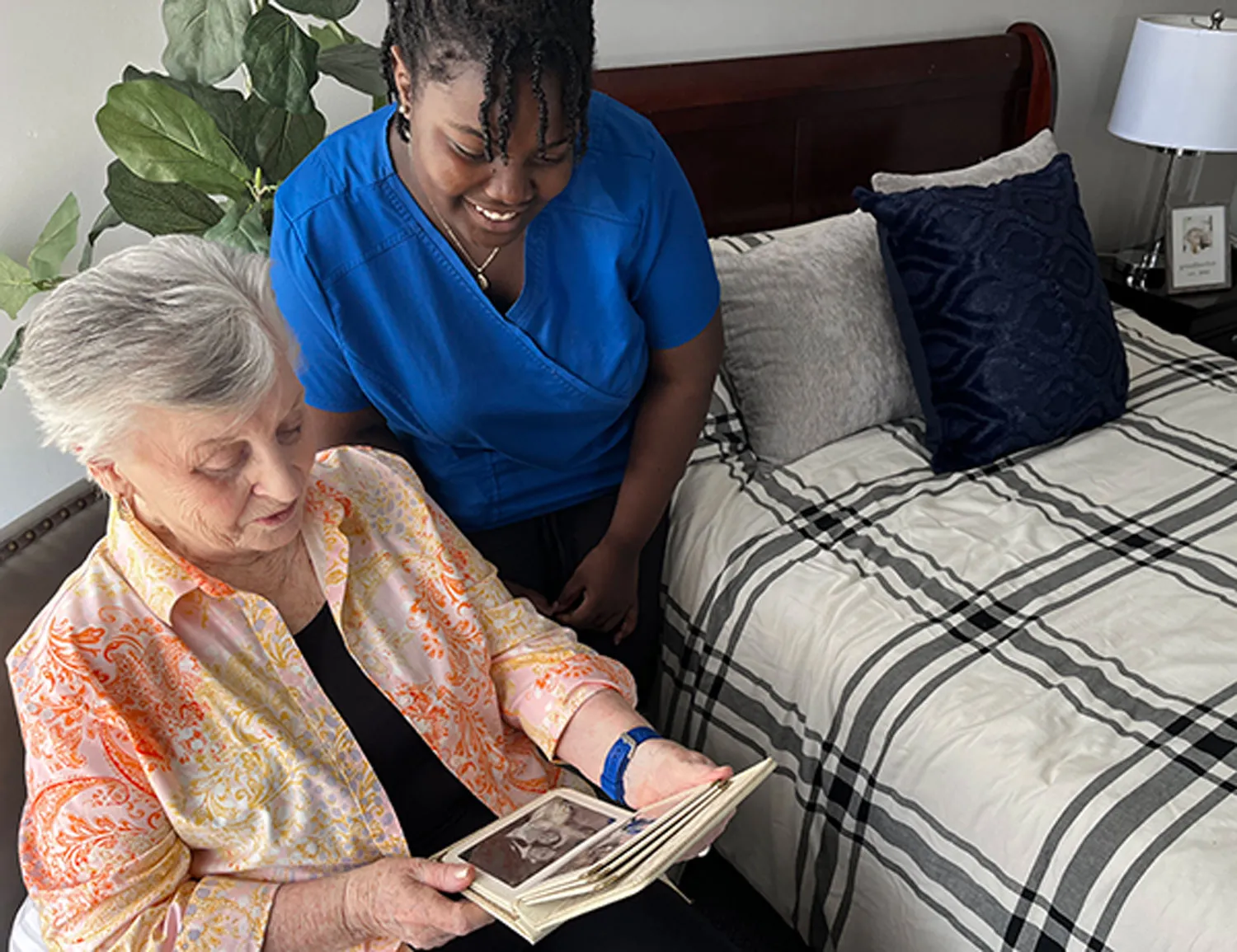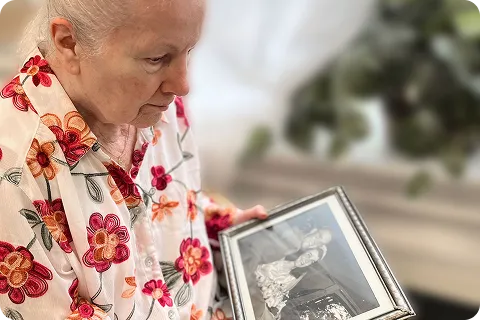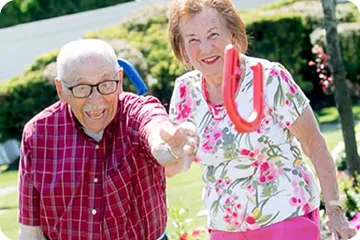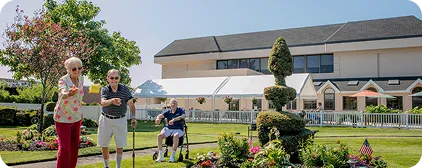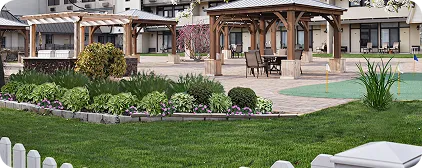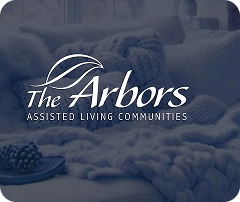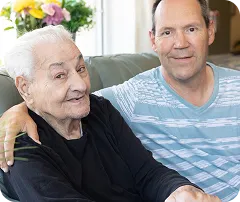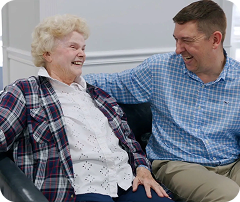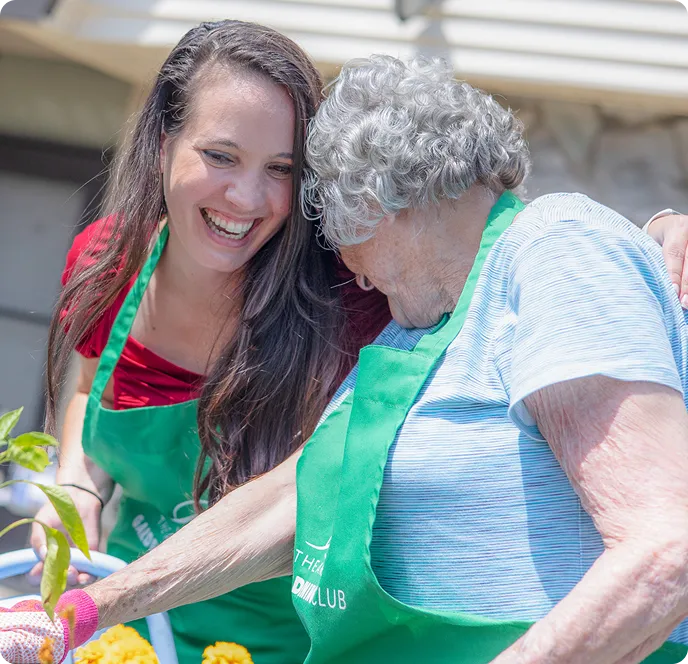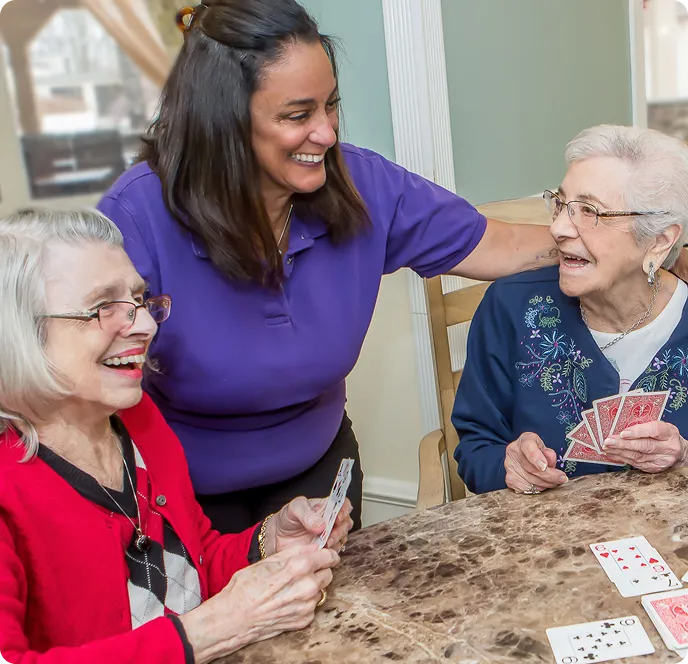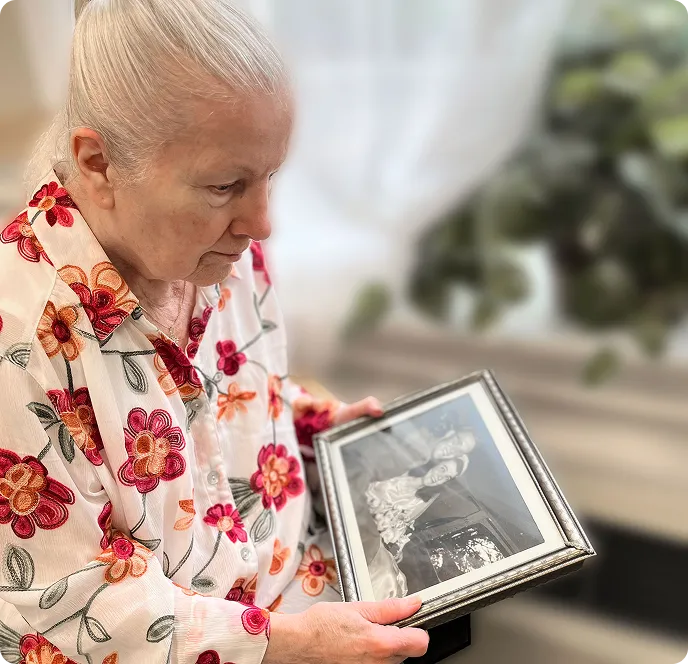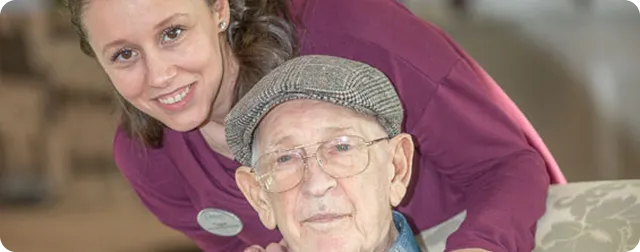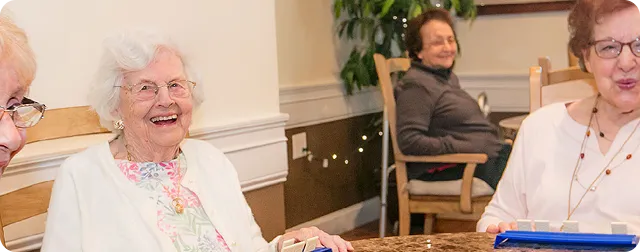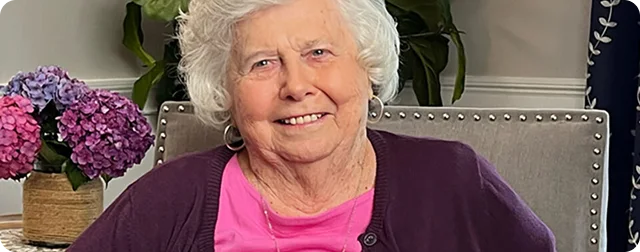(631) 778-7747
Dementia vs. Alzheimer’s: What’s the Difference?
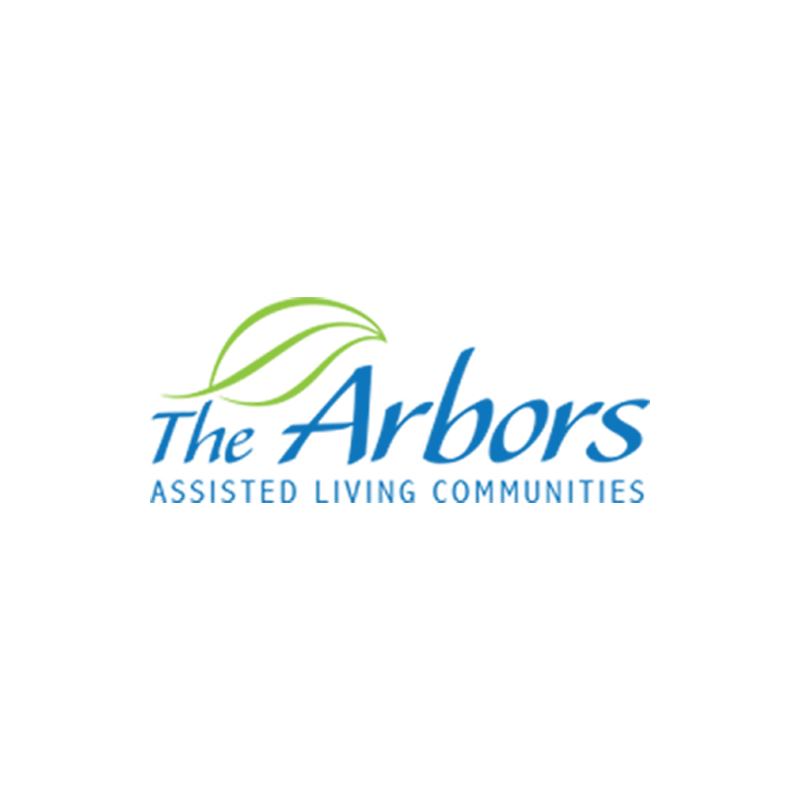
Dementia vs. Alzheimer’s: What’s the Difference?
September 14, 2018
Many people use the terms dementia and Alzheimer’s interchangeably. While both may have some of the same characteristics, they are different in many ways. Here are some facts you should know:
What is dementia?
WebMD describes dementia as, “the name for a group of brain disorders that make it hard to remember, think clearly, make decisions or control of emotions.” There are many different types of dementia, and one of the most commonly known types is Alzheimer’s disease. Other forms of dementia may include the following:
- Creutzfeldt-Jakob disease
- Dementia with Lewy bodies
- Frontotemporal dementia
- Parkinson’s disease
- Huntington’s disease
- Mixed Dementia
- Normal pressure hydrocephalus
- Vascular dementia
- Wernicke-Korsakoff syndrome
There are many different causes of dementia such as vitamin deficiencies, traumatic brain injuries as well as some types of infections. Risk factors can include diabetes, excessive alcohol consumption, smoking or blood pressure levels.
What is Alzheimer’s Disease?
Alzheimer’s disease is a disorder that falls under the umbrella of dementia and is one of the most common forms. People with Alzheimer’s disease may find it hard to remember events, names of people or conversations.
Someone with Alzheimer’s disease may also suffer from depression. Over time, someone with dementia may have difficulties with communication or they may cease communicating altogether. Often behavioral changes will occur, and they may find certain physical activities to be difficult such as walking. Here are some other facts about Alzheimer’s disease:
- Alzheimer’s disease affects the part of the brain that controls memory, thought, and language.
- As one ages, the risk of developing Alzheimer’s disease increases.
- A person living with Alzheimer’s disease is typically older than 65 years of age.
Should you suspect that your senior loved one may be showing signs or symptoms of dementia, talk to their doctor. The Arbors Assisted living is a community that encourages caregivers and children of the elderly to stay informed and educated about diseases and other ailments that affect seniors so you can offer them help. Contact us for more information about how we can of service to you and your elderly loved one.
Recent News
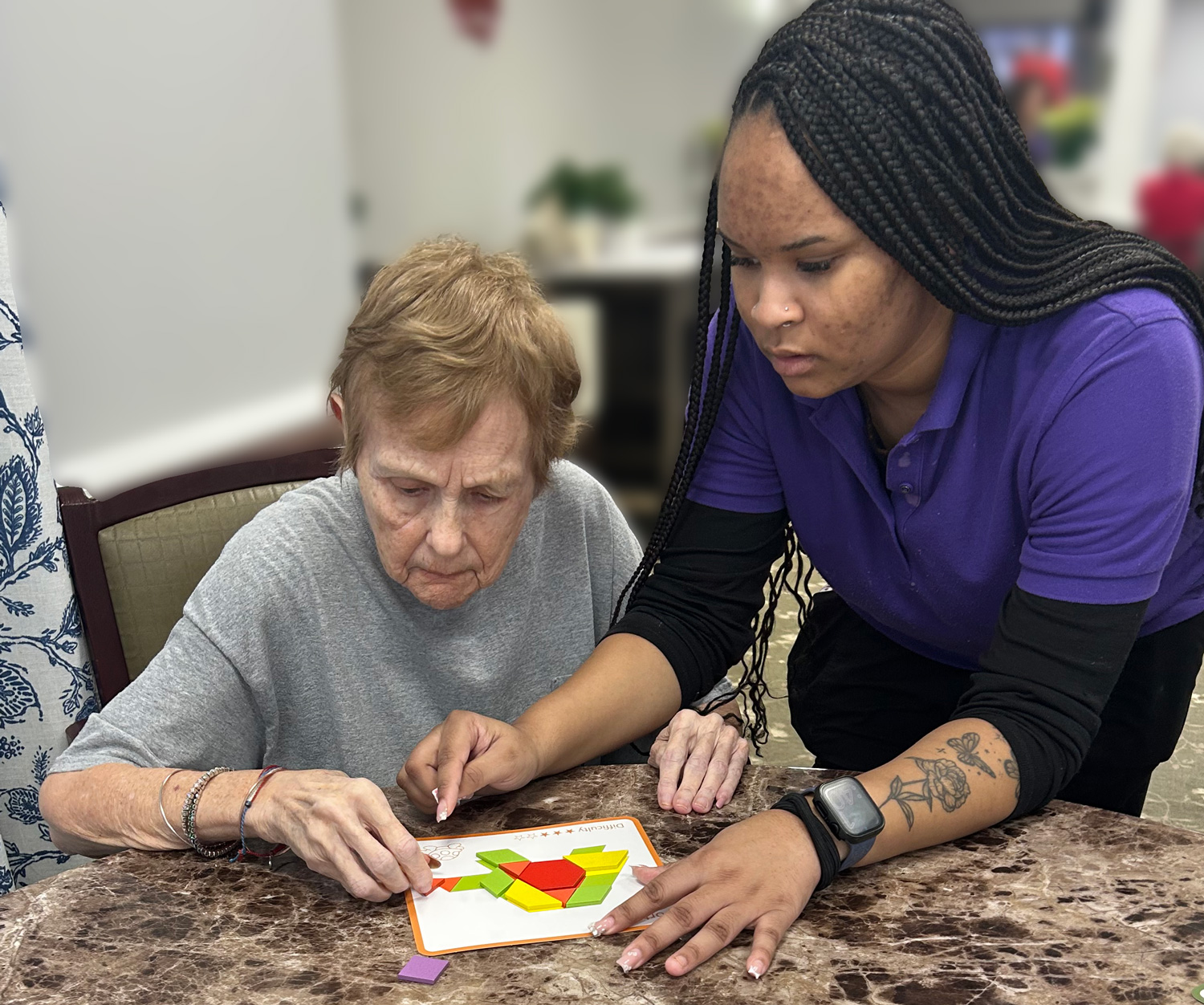
The Power of Touch
February 9, 2026

Winter Readiness for Caregivers: Do You Have a Plan?
January 6, 2026
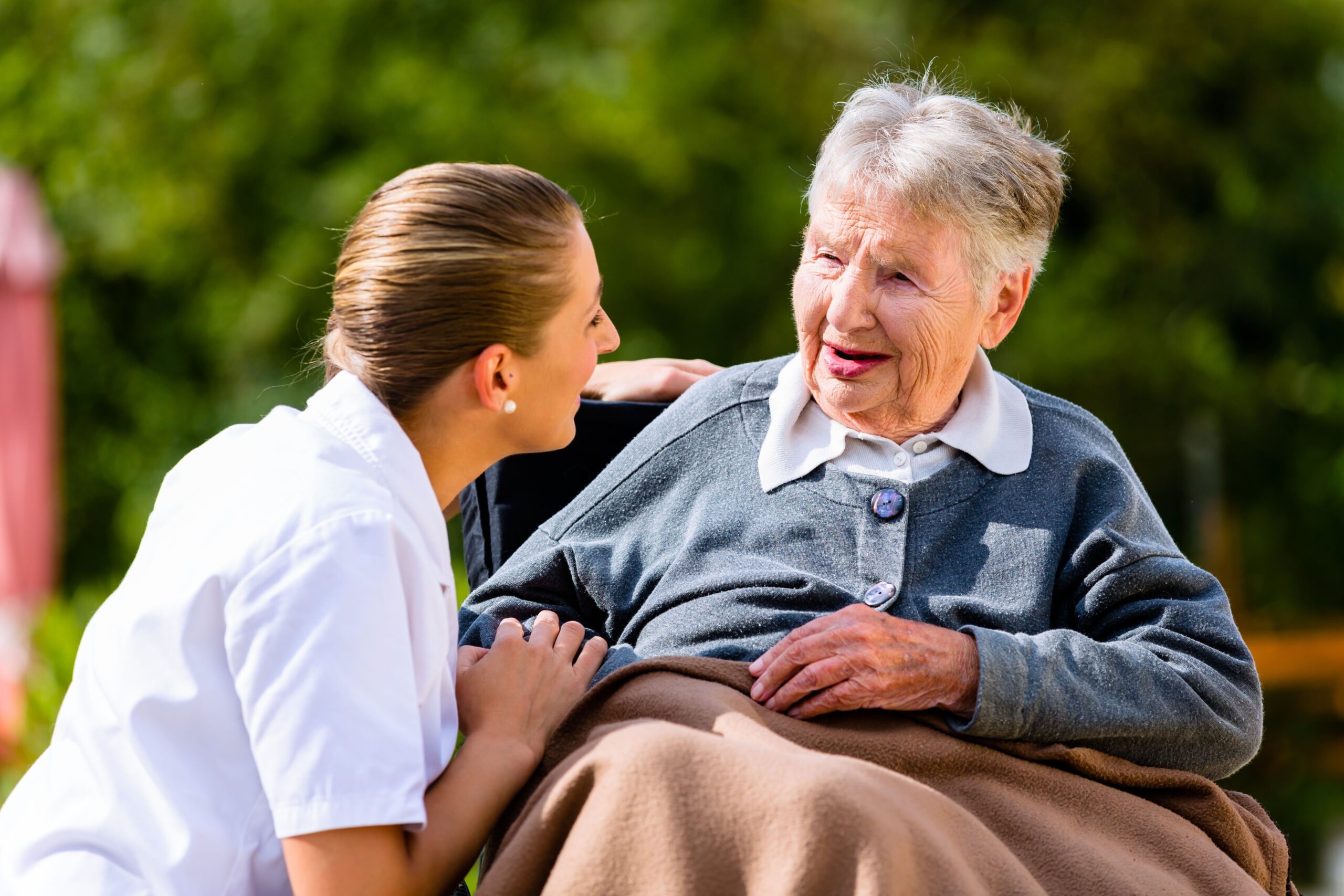
Important Topics to Discuss With Local Assisted Living Centers
November 10, 2025

When It’s Time: Helping Your Parents Accept the Need for Assisted Living
October 15, 2025

How to Encourage an Aging Parent to Shower When They Refuse
July 2, 2025
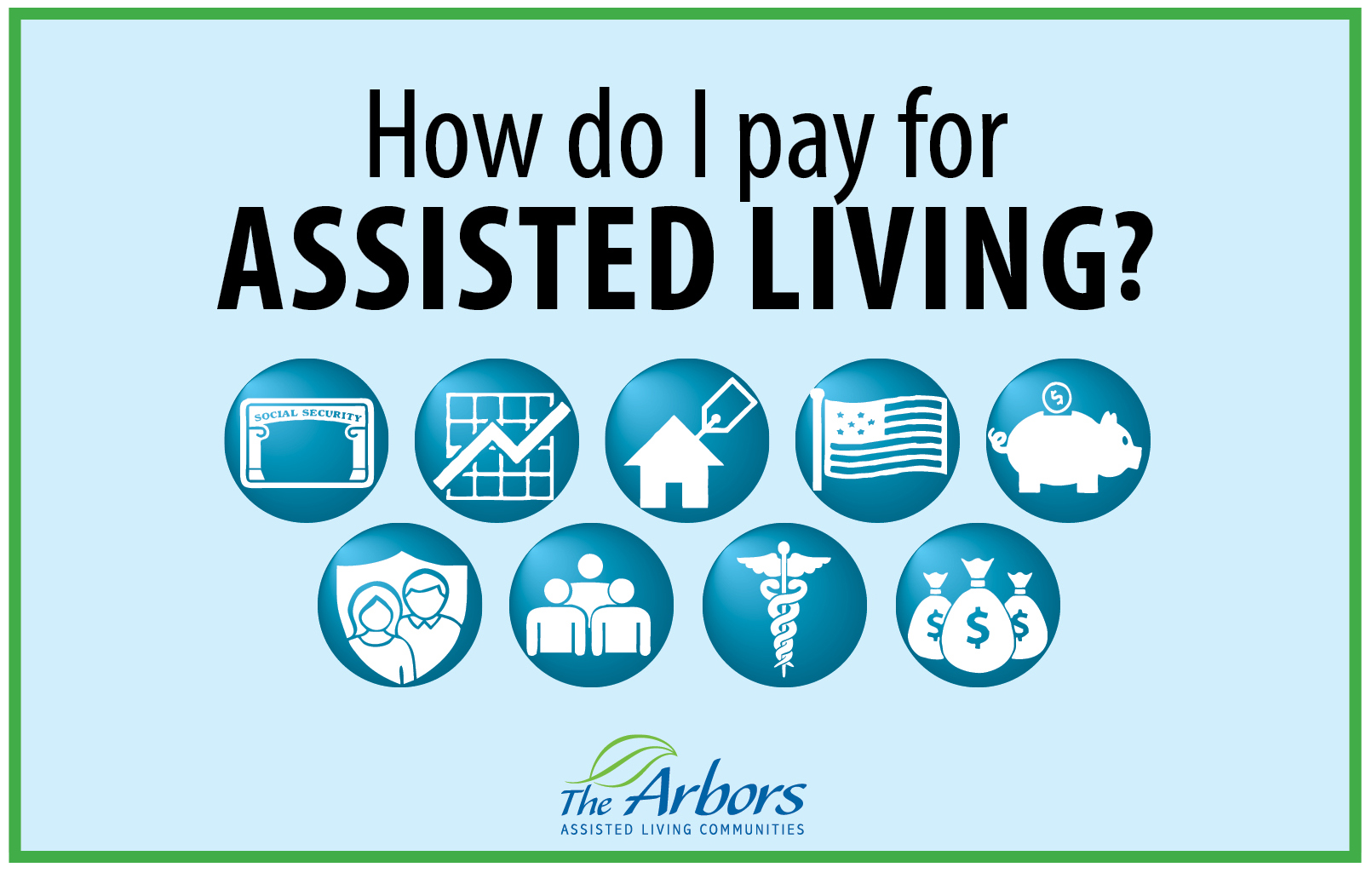
How Do I Pay for Assisted Living
June 6, 2025
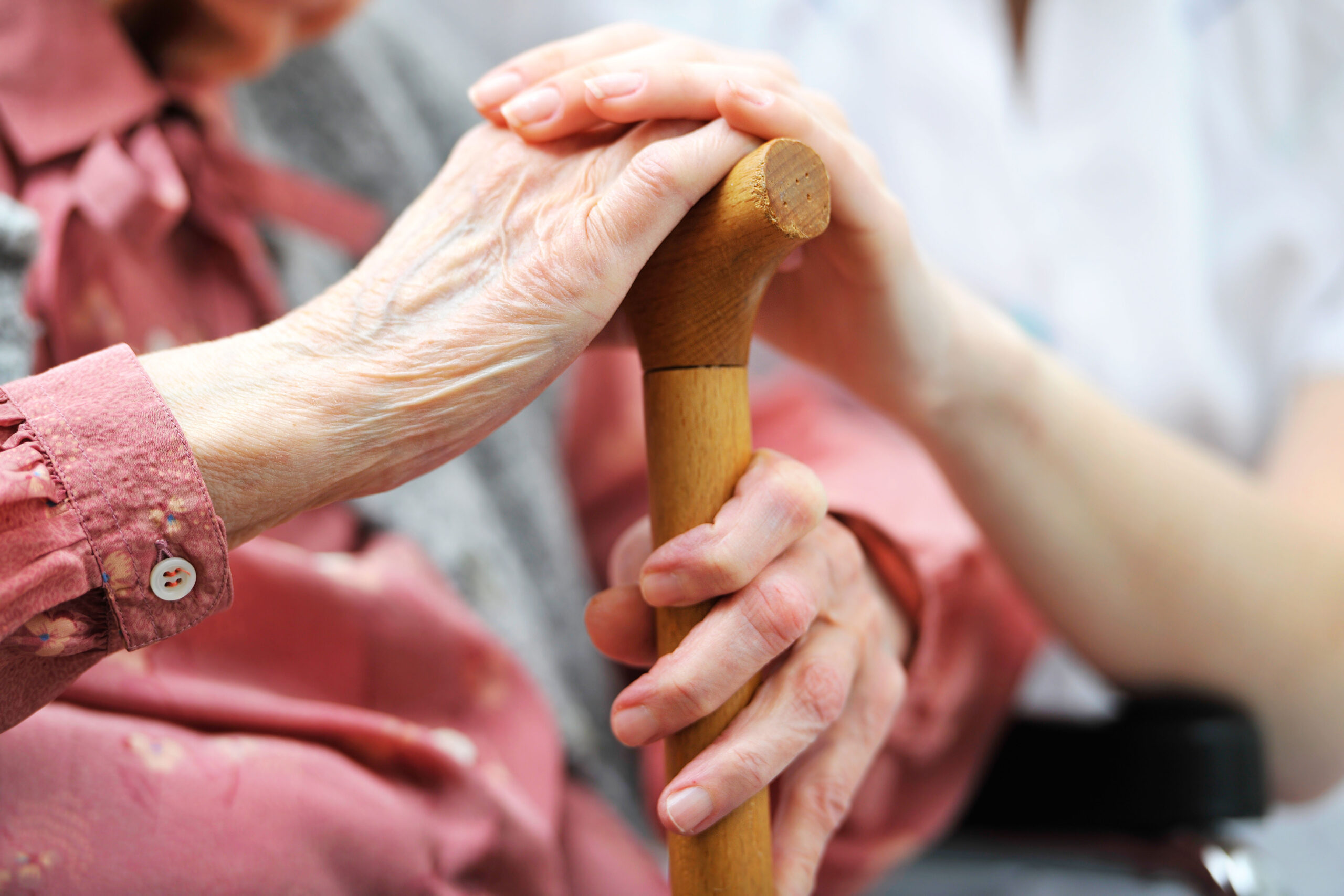
3 Signs You Should Consider Assisted Living
May 15, 2025
GET IN TOUCH
Let’s Talk About Making The Arbors Your Home
REQUEST A VISIT
Schedule a Tour of our Long Island Assisted Living Communities



